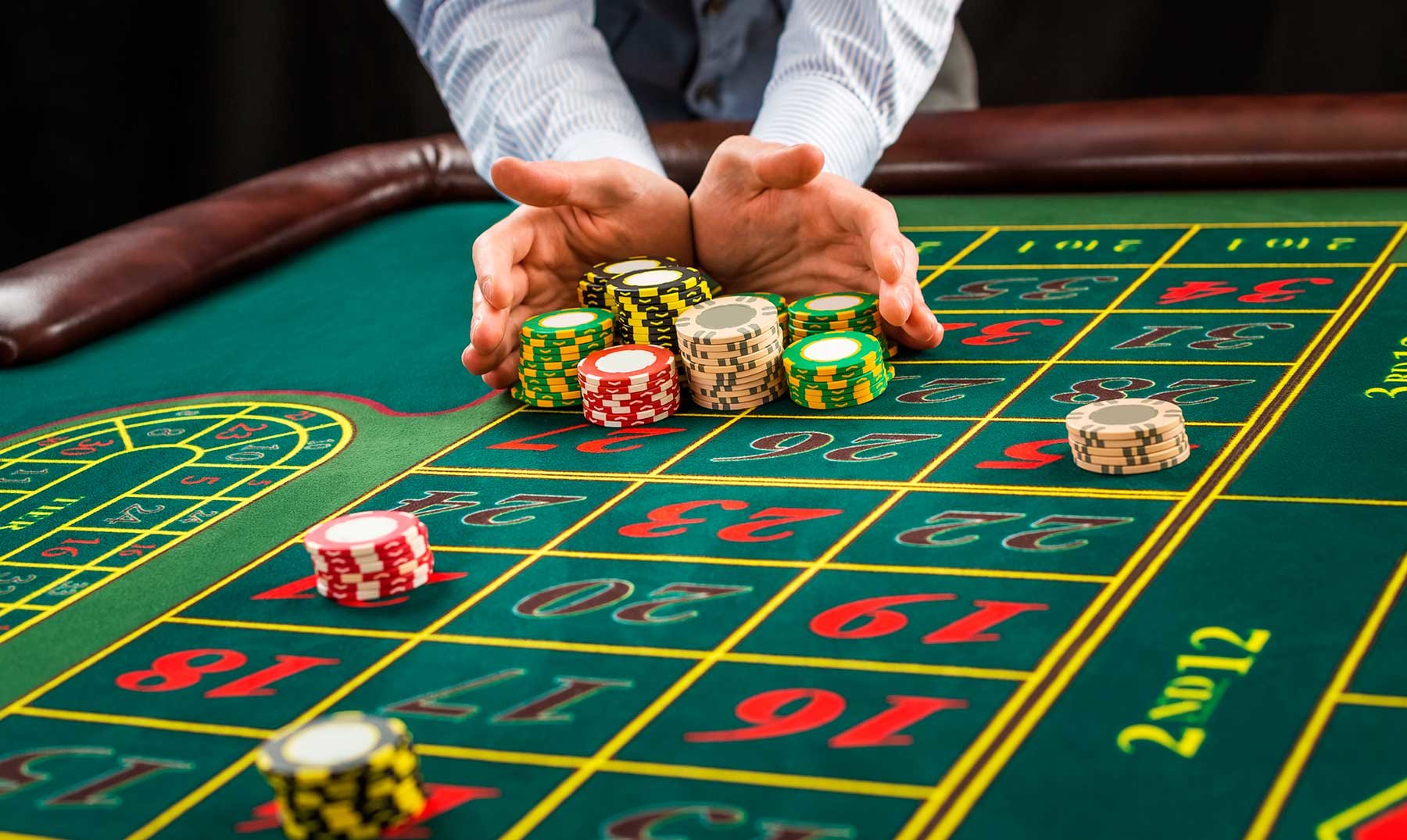
When entering into the this vibrant world of betting establishments, visitors are often welcomed by a storm of adrenaline and energy. Ranging from the twirling roulette game to the dealing of deck in blackjack, the atmosphere is electrifying. Yet, for many first-timers, navigating through the different gaming options can be intimidating. Comprehending the particular jargon used in these games is essential for boosting your time and making wise decisions at the tables.
Casino games come with their own unique set of jargon that can be both fascinating and, at times, confusing. Understanding terms like "funds," "profitable," or "house edge" can greatly improve your strategies and allow for a more satisfying experience. This resource aims to explain the lingo of gambling games, helping both beginners and experienced players feel more at home in the exhilarating world of betting. Whether you intend to test your fortune at a slot machine or push your limits at a table, getting acquainted with the lingo will undoubtedly be helpful.
Regular Casino Terms
When navigating the realm of casino games, a good comprehension of the language can enhance your experience and optimize your performance. One of the most used phrases is "house advantage," which indicates the statistical advantage that a casino has over the gamblers. This edge makes sure that, over time, the house will consistently make a gain from the wagers. It differs by game; for instance, slots generally have a larger house edge than activities like 21 or Texas Hold’em, where skill can reduce the house’s profitability.
Another key term is "betting limit." This indicates the least and maximum amounts that participants can stake on a particular activity or table. Betting limits are established to ensure that gaming is fun and inside the budget of all gamblers. Grasping the wagering caps is vital for gamblers to oversee their bankroll effectively. Whether you are a high roller or like smaller stakes, knowing the limits can influence your plan and overall enjoyment.
Lastly, the phrase "winning amount" is crucial when talking about gambling activities. Payout denotes the amount of money a player can expect to receive when winning a bet, often stated as a proportion or percentage of the initial wager. Various games have different payout structures, and discovering how they operate can help players in deciding wisely about where to place their bets. It is important to seek activities with favorable payouts to maximize winning potential while relishing the thrill of the gaming scene.
Game-Specific Jargon
Each gambling title has a specific collection of language which participants use for discuss methods, outcomes, and game features. For instance, within blackjack, the phrase "bust" indicates a player exceeding a sum of 21, causing an immediate defeat. Players frequently utilize terms like "hit" when request an additional card and "stand" as they opt to hold onto their current hand. Grasping these phrases is essential for beginner participants to navigate the game efficiently and interact in conversations with more experienced participants.
Within the game of poker, you will encounter terminology which may be fairly particular to the form being played. Terms such as "flop," "turn," and "river" describe the community cards dealt in Texas Hold’em. A "bluff" indicates misleading rivals regarding the power of one’s hand, while "all-in" indicates a player betting their entire stack of tokens. Understanding these phrases is key to taking part in the game and offers players an edge in terms of tactics and betting dynamics.
Slot machines, although simpler than table games, have their jargon as well. Terms like "payline" and "reels" refer to the basic features of the game. A "jackpot" indicates the highest payout a player can win, usually achieved by means of a rare combination of symbols. Players may also consider "bonus rounds" as unique features in the game that can enhance winnings or provide more gameplay opportunities. Knowledge with this language can boost the enjoyment and understanding of slot machines.
Betting and Payouts Vocabulary
Grasping the terminology related to gambling and payouts is essential for navigating casino games. Betting refers to the act of making a stake on the outcome of a game. Each game has its own least and maximum bet limits, which can vary greatly depending on the establishment and kind of activity. Knowing these thresholds can help players control their bankroll wisely and select games that suit their betting style.
Winnings are what gamblers get when they succeed a bet, and knowing the payout structure is vital for making informed betting decisions. Different gambling games have varying payout rates, typically expressed in terms of odds or rates. shbet For instance, slot machines may provide fixed winnings, while gaming tables like blackjack might have more complex payout structures based on the kind of wagers made. Getting accustomed with these structures can enhance the gambling journey and strategize for best results.
Concepts like house edge and RTP also play a vital role in the understanding of winnings in gambling games. The casino advantage represents the casino’s inherent edge over gamblers, affecting long-term winning potential. On the other hand, return to player, commonly abbreviated as RTP, indicates the proportion of bet money that a activity is designed to pay back to players over the long run. These concepts help players make smarter choices about where to place their bets and understand the probabilities they are up against.